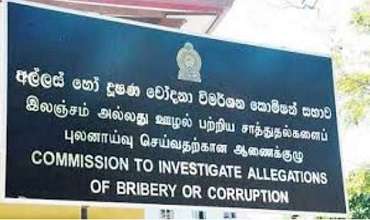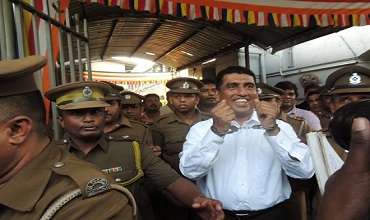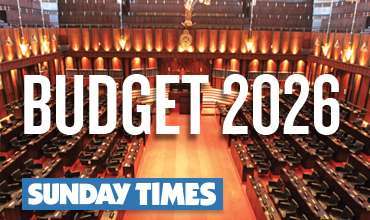Feature: Mark of a Leader – Turning Dreams into Reality

By Timothy A. Edward
A leader is someone to whom people look for clarity of vision when they are faced with challenges, uncertainty, threats or when a job needs to be done. Essentially, a leader is someone who has the inner compelling capacity to influence the employees, followers or citizens to turn dreams into reality.
Swaying Emotions
When leaders have a compelling dream, then they are able to sway the emotions of the masses. Look at history. When a leader is able to propel the emotions of people to resilience and enthusiasm, despite the difficulties and dangers, they are able to soar the performance of people and even turn losing wars into resounding victories. Winston Churchill is a classic example of a wartime leader who steered the nation to peace and victory.
But, if our leadership style pushes people into anxiety, stress and toxic emotions, eventually people will throw off the gait and stride of that leadership. Again, history is full of examples, the most recent of which is what unfortunately happened in Bangladesh, which is a lesson in demonstration for all leaders.
When leaders drive emotions positively, they bring out the best in everyone. But, when it is driven negatively, it will bring about disconnections and undermine the emotional foundations that make people flourish and shine.
Drive Emotions Positively
It is incumbent on leadership to drive the emotions of people positively in the right direction. The happiness index of a nation or instruments that assess the organisational climate will give insight into the effectiveness of leadership. When these results are negative, the majority of the time, the blame game and finding faults with the second and third layers of leadership within organisations will follow as quick-fix. For example, in the political arena, frequent cabinet reshuffling can be attributed to this scenario.
The hateful blame game, going on arduous journeys in search of finding facts to blame the other party might bring temporary relief, but eventually it can end with severe devastating consequences and could even backfire on the leadership, leading to total rejection and ejection of that leadership. Because the blame game culture prolongs the suffering of the masses, causing enormous suffering mentally, emotionally, physically and financially.
13th Amendment
Take for instance, the 13th Amendment in our country, which is a classic example, of a watershed moment in the constitutional history of Sri Lanka. For, a constitution of a country is expected to provide the legal framework of fundamental laws within which a country’s citizens are empowered to live their dreams, live happily and flourish.
The 13th Amendment shares with the 1978 constitutional structure to establish devolution of powers within the Provincial Councils, upholding the sovereignty of the state, with the Parliament at the centre. This broke the central hold mould and created a psyche for decentralisation among the citizens. Yet, the question remains to what extent the 13th Amendment has been fully implemented and how committed are we as a nation to make the Provincial Councils work.
In the same manner, we talk at length about staff empowerment, staff care and equal treatment for all staff. How committed are we as leaders in making these policies really work for our staff?
We need to ask ourselves to what extent our leadership style, organisational policies and the country’s constitution are liberating people to live their dreams and causing them to flourish and shine. This will determine for how long we will be able to enjoy our leadership waltz!
-
Still No Comments Posted.
















Leave Comments